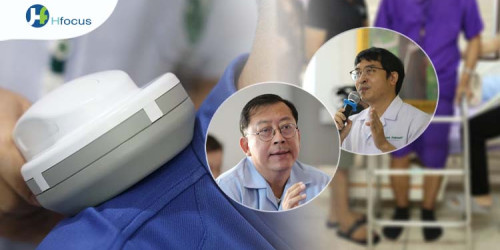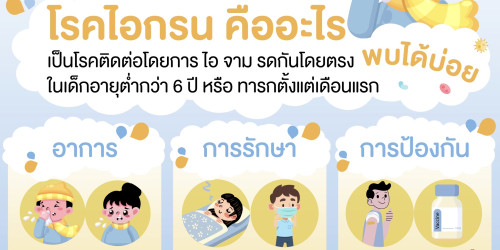Side effects of x-rays, unneeded prostate treatment can even prove fatal Far from improving quality of life, health-examination packages provided in Thailand are often unnecessary, and frequently carry side effects that can harm people's health and even lead to death, a recent study has found.
In its study, the Health Intervention and Technology Assessment Programme (HITAP) evaluated the cost effectiveness of health-examination packages in Thailand and found that some were unnecessary and actually caused health problems. Some health examinations actually resulted in the death of those being examined, the study found.
"We found that there was no scientific or academic evidence to justify the health examinations being provided in Thailand. Moreover, the side-effects of some examinations were found to harm the wellbeing and health of people," HITAP chief Dr Yot Teerawattananon said.
He was speaking at a press conference entitled "Medicine: The Cost Effectiveness and The Fairness" organised by the HITAP.
Unnecessary health examinations such as lung or chest x-rays, as well as screening tests for prostate cancer, can have adverse - even fatal - side effects, Yot said.
There are two types of prostate cancer. The first is a low-risk type, while the second type is harmful and requires treatment. But most medical workers in Thailand suggest people undergo screening tests for both types of prostate cancer instead of screening only for the harmful type, he said.
Patients then diagnosed with prostate cancer - no matter which type - are prescribed medical treatment such as chemotherapy and radiation, the doctor said. These therapies damage organs and put some patients at high risk of death unnecessarily in come cases.
"We found that in the US and UK, [health officials] have cancelled the screening test for prostate cancer," he said.
Chest x-rays that are conducted for no specific purpose expose people to radiation and can affect their health, he said.
His agency also found that the health-examination package provided by the Civil Servant Medical Benefit plan for more than 30 years had not prevented subscribers from falling ill.
However, he stressed that his study, the results of which he planned to present at a conference on March 4, had so far yielded only preliminary results.
He suggested that health agencies encourage people to undergo only necessary health examinations such as for ischemic heart disease, stroke, diabetes, kidney disease, cancer, HIV/Aids, tuberculosis, asthma, thalassemia, malnutrition, alcoholism and hepatitis.
He said, however, that women aged between 30 and 60 should undergo screening tests for cervical cancer. The Public Health Ministry currently advises that women aged 35 to 60 undergo such a screening test.
Yot said his agency would issue guidelines for health examinations to help people make the right decision.
Source: The Nation 1 February 2013
- 1 view








